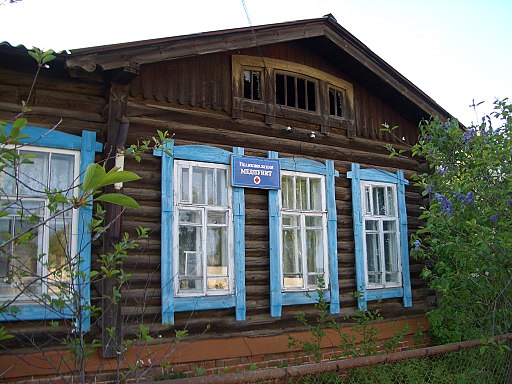What Bulgakov can tell us about reforming nursing in the former USSR
By Sean L Hanley, on 13 November 2012
Re-reading Bulgakov leads health researcher and guest contributor Erica Richardson to some sharp realisations about primary healthcare in the former Soviet Union
I have now reached an age when I can go back to novels I read twenty years ago, reread them with fresh eyes and experience the joy of new discoveries. Most recently, this has involved revisiting A Country Doctor’s Notebook by Mikhail Bulgakov, a collection of short stories based on his experience as a newly qualified doctor sent to a remote region for his first job practicing medicine. I sincerely believe it is essential reading for all new doctors and cannot recommend it highly enough. In the 1990s, I was struck by how little had changed in the rural Russian landscape despite the electrification and mechanisation drives under Stalin. In 2012, I was struck by the way in which different members of the clinical team were presented.
Maybe this is because I’ve recently returned from Minsk, Belarus where I was representing the European Observatory on Health Systems and Policies at a sub-regional policy dialogue on human resources in countries of the former Soviet Union. As an aside to discussions about skill-mix and task shifting, a fascinating discussion developed around the concept of a ‘nurse’ and in the post-Soviet context, and where ‘feldshers’ fit into the picture. Nurses have their distinct heritage and philosophy which is focused on ‘care’, while the doctors are more focused on providing ‘treatment’. So what’s a feldsher? (more…)
 Close
Close



